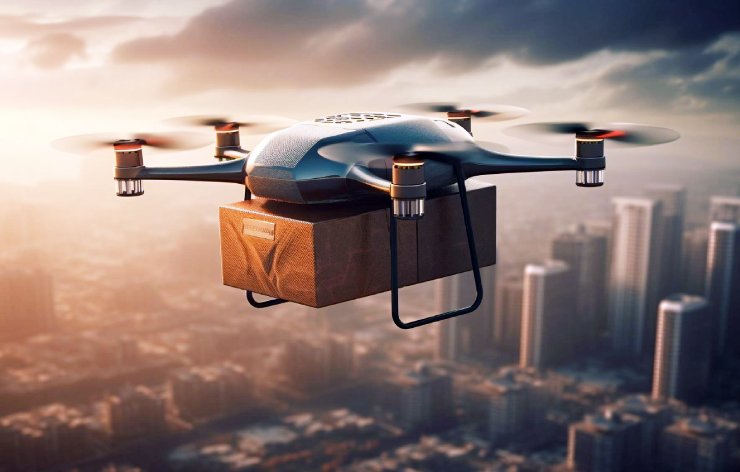¿What Will the Future of Freight Transportation Look Like?
¿What Will the Future of Freight Transportation Look Like?

How will freight transportation evolve in an increasingly technology-driven world?
The future of freight transportation will be intrinsically linked to technology. Imagine autonomous trucks that can operate constantly and without fatigue, reducing the risk of accidents and enabling greater efficiency in product delivery. These vehicles will be equipped with artificial intelligence systems that optimize routes in real-time, taking into account factors like traffic and weather conditions.
Furthermore, advanced telemetry will allow real-time tracking of cargo location, temperature, and other critical variables, ensuring more precise supply chain management. This technology will not only enhance safety and efficiency but also reduce operational costs, translating into more competitive prices for customers and faster, more reliable freight transportation.
----
What Role Will Clean Energy Play in the Future of Freight Transportation?
Clean energy will play a fundamental role in the future of freight transportation to address growing concerns about climate change. We will witness a shift towards electric trucks powered by high-capacity batteries, enabling longer trips and dramatically reducing greenhouse gas emissions. Additionally, hydrogen-powered vehicles, emitting only water as a byproduct, will become a viable alternative, especially for long distances. This transition to cleaner energy sources will not only help meet sustainability goals but also reduce long-term operational costs by relying less on fossil fuels.
----
How Will E-Commerce Trends Impact Freight Transportation?
E-commerce will continue to be a key driver of freight transportation in the future. As more consumers opt for online shopping, the demand for fast and reliable deliveries will grow exponentially. This will drive the need for more agile and flexible logistics solutions. In particular, the "last mile" will become a battleground where delivery drones and robots will play a significant role. These autonomous devices will streamline deliveries in congested urban areas and provide consumers with the convenience of receiving their orders more quickly.
Additionally, data analysis will play a crucial role in predicting demand patterns and optimizing delivery routes. Future freight transportation companies will use advanced algorithms to ensure products arrive on time and efficiently. We are also likely to see an increase in collaboration between e-commerce companies and freight transportation firms to create more integrated delivery solutions.
----
What Will be the Impact of Globalization on Freight Transportation?
Globalization will continue to play a prominent role in freight transportation. As businesses seek market opportunities worldwide, the need for efficient international freight transportation will be more critical than ever. The digitization and standardization of customs processes will simplify border management, accelerating cargo flows and reducing bureaucracy. This will allow companies to move goods faster and more cost-effectively between countries and continents.
Commercial agreements and international trade policies will also influence freight transportation. Companies will need to stay vigilant to changing regulations and tariffs to adapt to an ever-evolving trade environment. Effectively navigating this landscape will be essential for the global success of businesses. Furthermore, supply chain management will become even more crucial, as companies will need to coordinate and optimize activities along international routes.
----
What Security Challenges Will the Future of Freight Transportation Face?
Security in freight transportation will be a central concern in the future. With the increasing integration of technology into logistics, cybersecurity will become critical to protect automated systems and confidential data. Cyber threats could disrupt crucial operations, from fleet management to cargo tracking, so companies will need to invest in robust security measures.
Additionally, road safety will remain a significant concern. Autonomous trucks, while promising to reduce accidents caused by human errors, also present new challenges in terms of interoperability with conventional vehicles and the need for advanced emergency detection and response systems.
----
Preventing theft will be another persistent challenge in freight transportation. Companies will need to employ advanced tracking and security technology, such as real-time geolocation systems and enhanced security protocols, to protect valuable cargo and ensure its delivery.
The future of freight transportation looks exciting and full of change. Technology, sustainability, e-commerce, globalization, and security will be fundamental aspects to consider. At D-Log, we are committed to staying at the forefront of these trends to offer high-quality and efficient freight transportation solutions in this ever-evolving world. We are ready to embrace the future and safely and efficiently transport your cargo wherever you need it.



